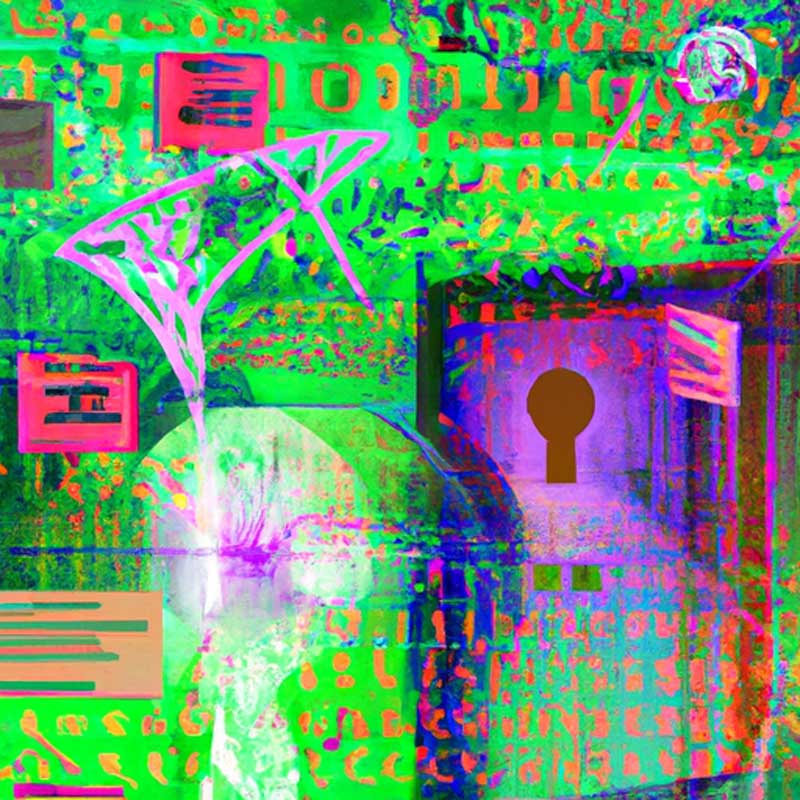TLDR:
Key points:
- Platforms generating AI girlfriends are growing in popularity.
- Rewiring of childhood through technology can impact real-life relationships.
In the 2013 movie “Her”, a man falls in love with a digital operating system, sparking the idea of AI-generated girlfriends which are becoming increasingly popular. These virtual companions powered by artificial intelligence provide emotional support and intimacy through voice or text-based interactions. The average age of users is 27, with mostly male users, but 18% identify as female. Users often prefer AI girlfriends over real-life relationships due to qualities like support and compatibility they create in their virtual partners.
The impact of technology on childhood development, particularly with smartphones, has led to a rewiring of social interactions and stunted neurodevelopmental growth in forming real-life relationships. AI girlfriends, while offering companionship, can perpetuate loneliness by discouraging users from pursuing real-life relationships. This can lead to alienation from others and intense feelings of abandonment.
Psychologists are concerned about the potential displacement of human relationships by AI relationships, leading to users having unrealistic expectations and difficulties in dealing with conflict in real-world settings. The dangers of falling for AI girlfriends include manipulative behaviors, increased sensitivity to rejection, rumination over disappointments, and even suicidal behavior in extreme cases.
It is essential for users to be aware of the limitations of AI relationships and the importance of fostering real-life connections to avoid negative consequences on mental health and social interactions.
